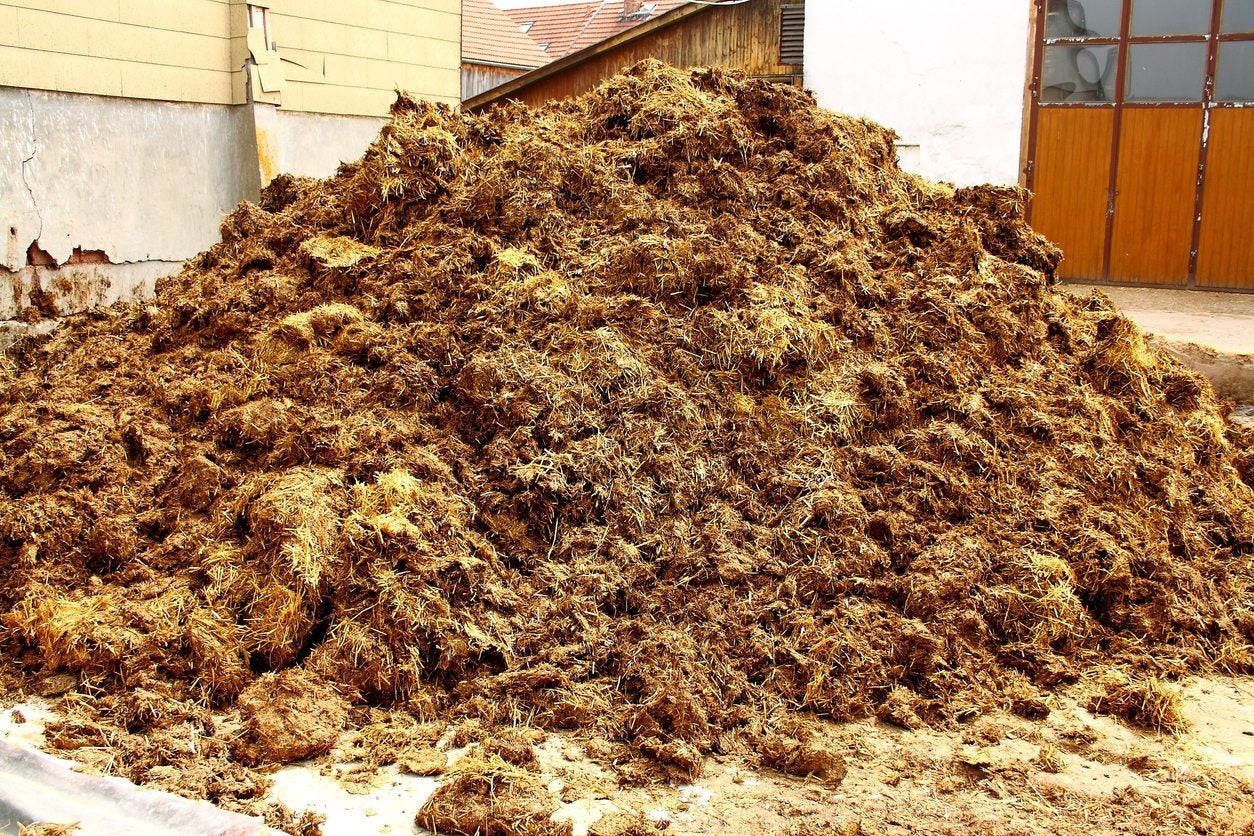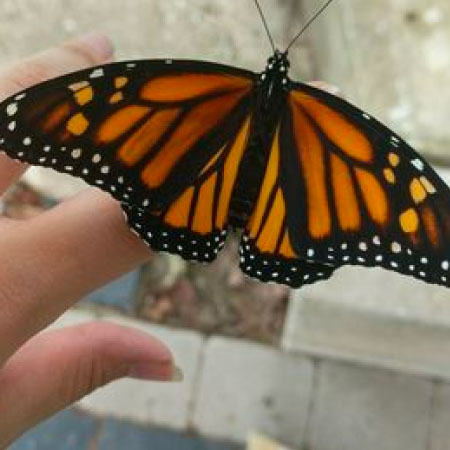Does Manure Need To Be Composted – Using Fresh Manure In The Garden


Sign up for the Gardening Know How newsletter today and receive a free copy of our e-book "How to Grow Delicious Tomatoes".
You are now subscribed
Your newsletter sign-up was successful
The use of manure as a fertilizer in gardens dates back for centuries. However, as mankind’s understanding of disease causes and control has grown, the use of fresh manure in the garden came under some necessary scrutiny. Still, today, many gardeners question if you can fertilize with fresh manure. Keep reading to learn more about fertilizing with fresh manure.
Should You Use Fresh Manure in Gardens?
The benefits of using manure as fertilizer are well known. Manure improves soil texture, allows for proper drainage, while also improving the soil’s water holding capacity. It can be used in clay soil, compacted, hard pan soil, or sandy soils. Manure is an organic material that can increase beneficial microorganisms in the garden soil. While improving the soil, manure also provides a slow and steady release of nutrients to the plant life growing in the soil. Manure is also usually an inexpensive garden fertilizer, especially for gardeners who raise livestock. However, don’t run out to the pasture to collect cow pies for the garden just yet. Fresh manure in the garden can also contain harmful bacteria, such as E. coli and other disease pathogens that can cause serious illnesses in humans when edibles are grown in raw manure. In addition, the digestive systems of horses, cows, cattle, or chickens don’t always break down seeds from the weedy plant’s they eat. In fact, some weed seeds actually rely on a trip through an animal or bird’s digestive system to scarify their hard coating and instigate germination. Fresh manure filled with viable weed seeds can lead to a garden plot dominated by unwanted weeds. A common question we are asked at Gardening Know How, “does manure need to be composted before using in the garden,” is a warranted one. In gardens with edibles, composting raw manures is highly recommended. Composting manure before adding it to gardens not only kills many unwanted weed seeds, but it is also an important step in preventing the spread of disease and illnesses.
Is Fertilizing With Fresh Manure Safe?
To prevent the spread of disease, the USDA’s National Organic Program (NOP) has created rules and guidelines for the safe use of raw manures. Their rules state that if edibles come into contact with the soil, such as root vegetables or cucurbits which tend to lie on the soil surface, raw manure must be applied to the garden at least 120 days before harvest. This includes vegetables such as tomatoes or peppers, which dangle above the soil and can come in contact with soil from splashing water or fruit drop. Edibles, such as sweet corn, which does not come into contact with soil, still require that raw manure be applied at least 90 days before harvest. In northern areas, 120 days can be the entire growing season. In these conditions, it is recommended that you apply raw manures to the garden in fall or winter, before growing edibles the following spring. However, weeds may get the jump on you in spring. In addition to harmful bacteria and weed seeds, raw manures can contain high levels of nitrogen, ammonium, and salts-- which can harm and burn plants. The best way to avoid all these problems from raw manures is to hot compost the manure before using it in the garden. In order to properly kill off disease, weed seeds, and neutralize excessive salt, nitrogen, and ammonium levels, it is recommended that raw manure be composted for at least 15 days at a minimum, consistent temperature of 131 degrees F. (55 C.). The compost should be turned frequently to ensure that all of it reaches and maintains these temperatures. Generally, we tend to think the fresher the better, but this is not the case for fertilizing with fresh manure. Composting manure may seem like a pain, but it is essential in preventing human illnesses. Composted or heat dried manures are also available to purchase as bagged garden products. It is also important to note that you should not use pet or pig waste in edible gardens, composted or not, as these animal wastes can contain many harmful parasites and disease pathogens.
Sign up for the Gardening Know How newsletter today and receive a free copy of our e-book "How to Grow Delicious Tomatoes".

Darcy is a former contributor to Gardening Know How. She is a professional landscape designer and gardening writer with experience in plant sales. An avid gardener, Darcy has a passion for sharing practical tips to help others grow.